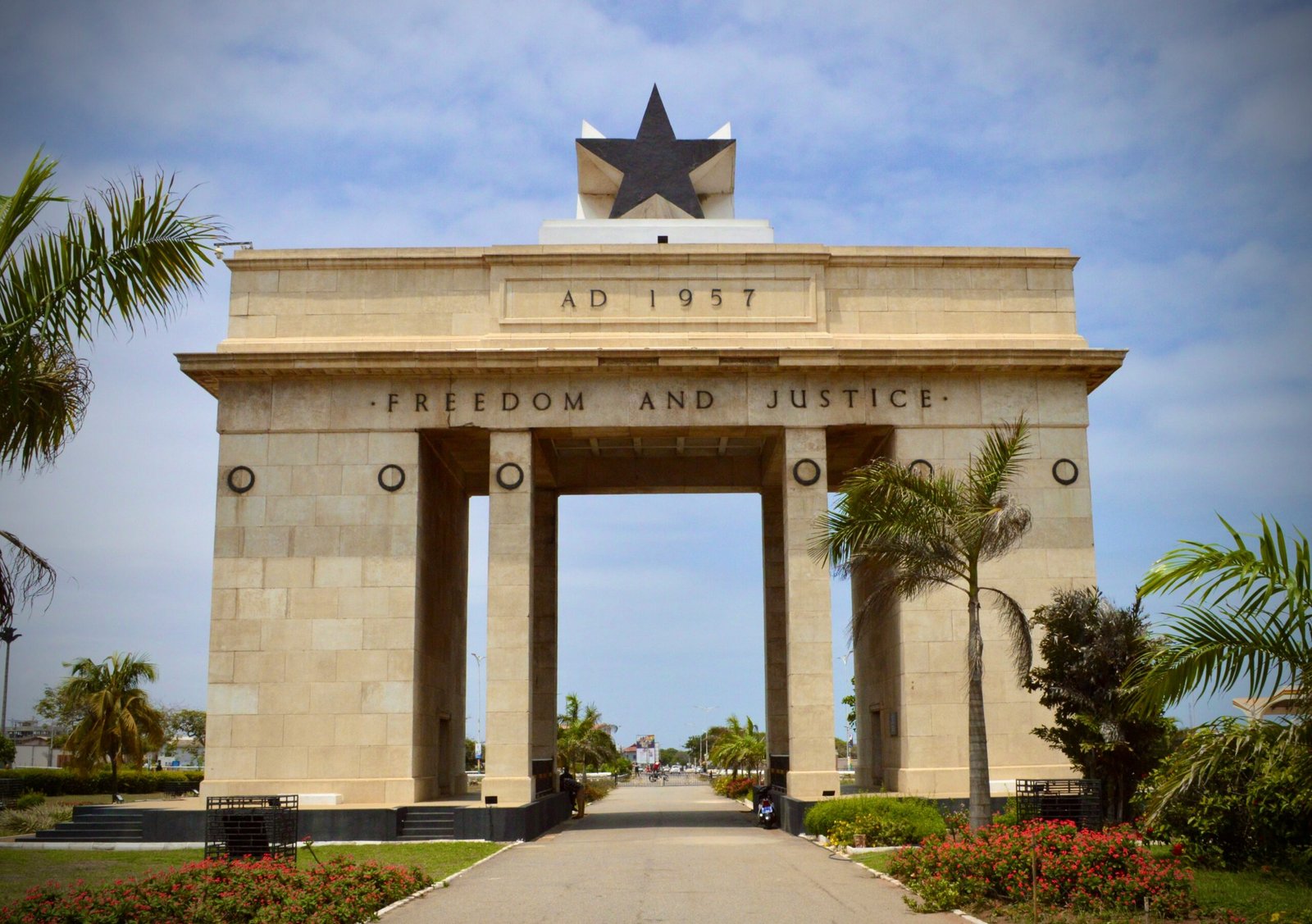Ghana, located on the west coast of Africa, has a fascinating and rich history that spans centuries. From ancient civilizations to colonial rule and independence, the country’s past is filled with significant events, powerful leaders, and cultural heritage. In this blog post, we will delve into the captivating history of Ghana, exploring its key milestones and highlighting its unique contributions to Africa and the world.
The Ancient Kingdoms
Long before European contact, Ghana was home to several powerful and prosperous kingdoms. One of the most renowned was the Ghana Empire, which existed from the 6th to the 13th century. The empire was known for its wealth, as it controlled the lucrative trade routes of gold and salt. Another influential kingdom was the Ashanti Empire, which rose to prominence in the 17th century. The Ashanti people were skilled warriors and traders, and their empire played a crucial role in the transatlantic slave trade.
The Arrival of Europeans
In the 15th century, European explorers, including the Portuguese, Dutch, and British, began to establish trading posts along the coast of Ghana. These posts eventually evolved into colonial settlements as European powers vied for control over the region’s resources. The British, in particular, gained dominance and established the Gold Coast colony in the late 19th century. During this time, Ghana became a major exporter of cocoa, rubber, and timber.
The Fight for Independence
In the early 20th century, Ghanaian nationalism began to rise, fueled by the desire for self-governance and an end to colonial rule. One of the key figures in the independence movement was Kwame Nkrumah, who became Ghana’s first prime minister and later its first president. On March 6, 1957, Ghana became the first country in sub-Saharan Africa to gain independence from colonial rule, setting the stage for the decolonization movement across the continent.
Post-Independence Challenges and Progress
After gaining independence, Ghana faced numerous challenges, including economic instability and political turmoil. However, the country made significant strides in education, healthcare, and infrastructure development. Ghana also played a crucial role in the Pan-African movement, hosting the historic All-African People’s Conference in 1958, which brought together leaders from across the continent to discuss the future of Africa.
Ghana Today
Today, Ghana is a vibrant and thriving nation with a diverse cultural heritage. It has experienced steady economic growth and political stability, making it a beacon of progress in the region. The country is known for its friendly people, vibrant festivals, and beautiful landscapes, including the stunning beaches of Cape Coast and the wildlife-rich national parks.
Preserving the Past
Ghana recognizes the importance of preserving its history and heritage. The country is home to numerous historical sites and museums that showcase its rich past, including the Cape Coast Castle, Elmina Castle, and the National Museum of Ghana. These sites serve as reminders of the struggles and triumphs of the Ghanaian people and offer visitors a chance to learn about the country’s history in a tangible way.
In conclusion, Ghana’s history is a tapestry woven with the threads of ancient kingdoms, colonialism, and independence. It is a story of resilience, cultural diversity, and progress. By exploring and understanding Ghana’s past, we gain a deeper appreciation for its present and a clearer vision for its future.


Which kind of lazy writing is this? A history of ghana indeed.